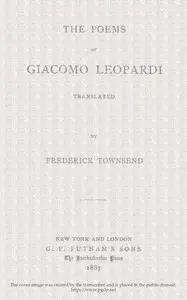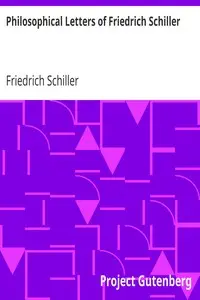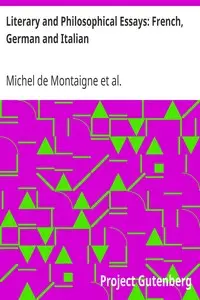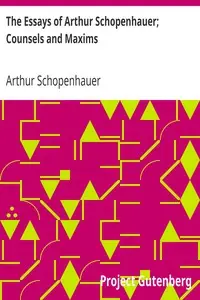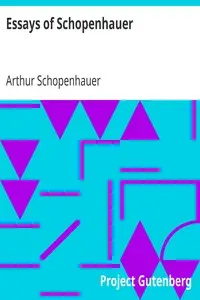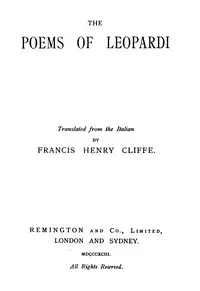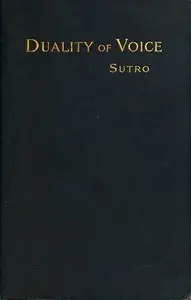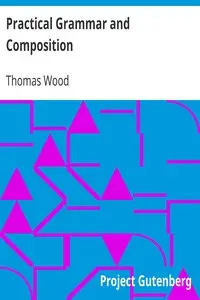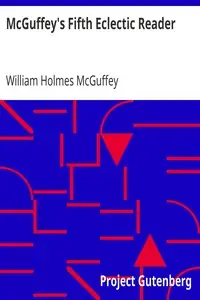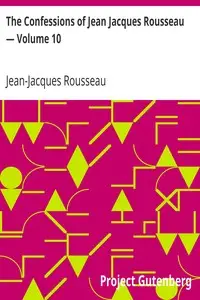"Essays and Dialogues" by Giacomo Leopardi is a compilation of philosophical discussions and essays from the 1800s that looks at what it means to be human, the tricky parts of life, and big philosophical ideas. The author's insightful but often sad way of seeing the world is shown through conversations between well-known mythical characters as well as deep discussions about what makes humans tick, stressing the intricate emotions that come with being human, and the constant search to discover meaning in life. It paints a picture of Leopardi's intellectual journey while showing his ambitions, and both physical and mental problems formed his philosophical views. The book's discussions get to the bottom of what it is to be human, exploring widely-felt ideas like sadness, the meaning of being alive, and what happiness really is, with some chats between characters such as Hercules and even Death herself. The start of the book prepares readers for thinking hard about life along with one of Italy's most thoughtful writers, asking readers to think about both the contradictions and beauty of life that are all around them.
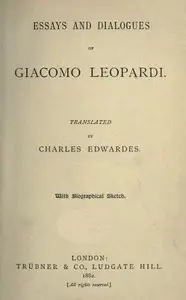
Essays and Dialogues
By Giacomo Leopardi
Enter a world of philosophical wonder where mythical characters share a stage with existential quandaries, and you're invited to look at meaning, happiness, and the confusing beauty of being human.
Summary
About the AuthorCount Giacomo Taldegardo Francesco di Sales Saverio Pietro Leopardi was an Italian philosopher, poet, essayist, and philologist. He is considered the greatest Italian poet of the nineteenth century and one of the most important figures in world literature, as well as one of the principals of literary romanticism; his constant reflection on existence and on the human condition—of sensuous and materialist inspiration—has also earned him a reputation as a deep philosopher. He is widely seen as one of the most radical and challenging thinkers of the 19th century but routinely compared by Italian critics to his older contemporary Alessandro Manzoni despite expressing "diametrically opposite positions." Although he lived in a secluded town in the conservative Papal States, he came into contact with the main ideas of the Enlightenment, and, through his own literary evolution, created a remarkable and renowned poetic work, related to the Romantic era. The strongly lyrical quality of his poetry made him a central figure on the European and international literary and cultural landscape.
Count Giacomo Taldegardo Francesco di Sales Saverio Pietro Leopardi was an Italian philosopher, poet, essayist, and philologist. He is considered the greatest Italian poet of the nineteenth century and one of the most important figures in world literature, as well as one of the principals of literary romanticism; his constant reflection on existence and on the human condition—of sensuous and materialist inspiration—has also earned him a reputation as a deep philosopher. He is widely seen as one of the most radical and challenging thinkers of the 19th century but routinely compared by Italian critics to his older contemporary Alessandro Manzoni despite expressing "diametrically opposite positions." Although he lived in a secluded town in the conservative Papal States, he came into contact with the main ideas of the Enlightenment, and, through his own literary evolution, created a remarkable and renowned poetic work, related to the Romantic era. The strongly lyrical quality of his poetry made him a central figure on the European and international literary and cultural landscape.

